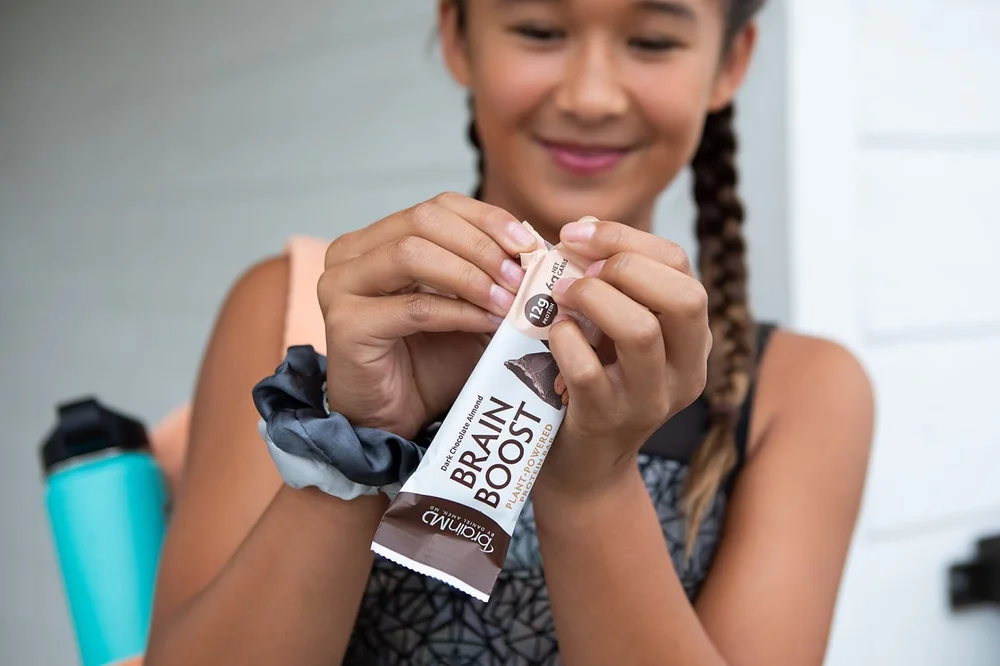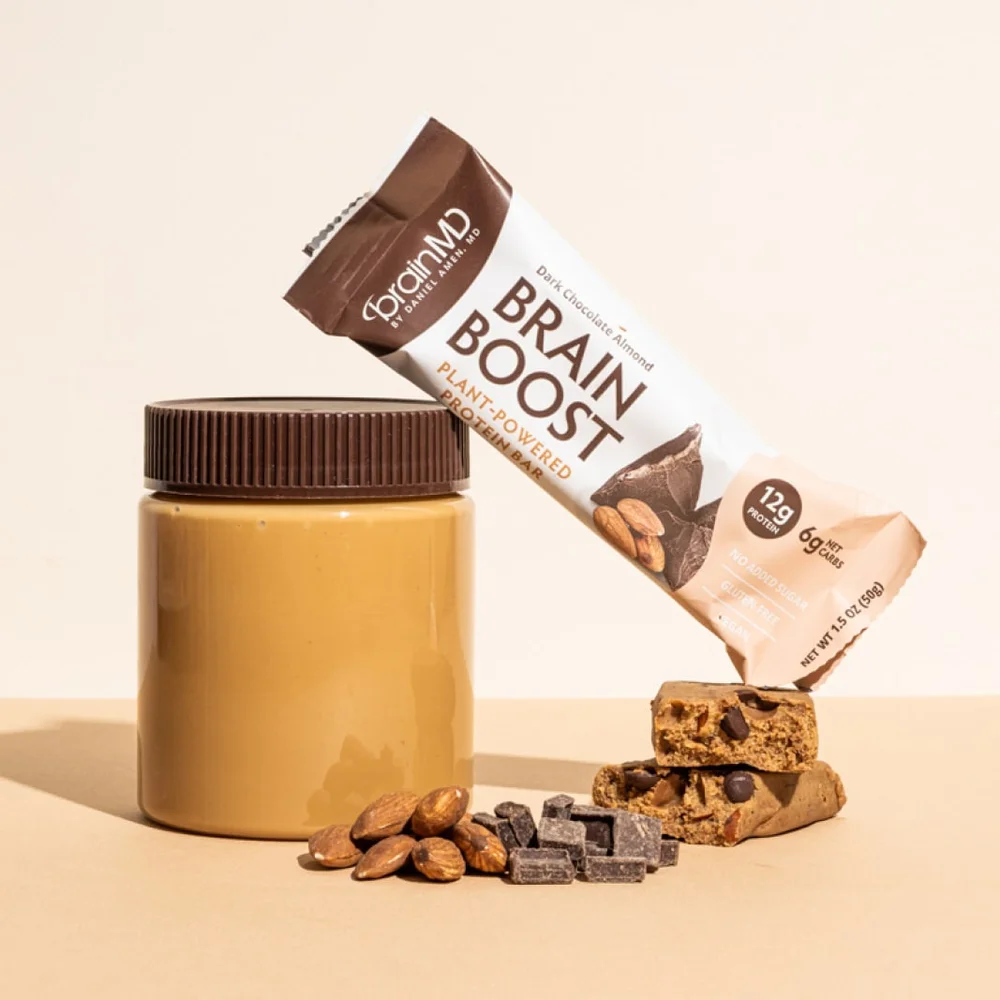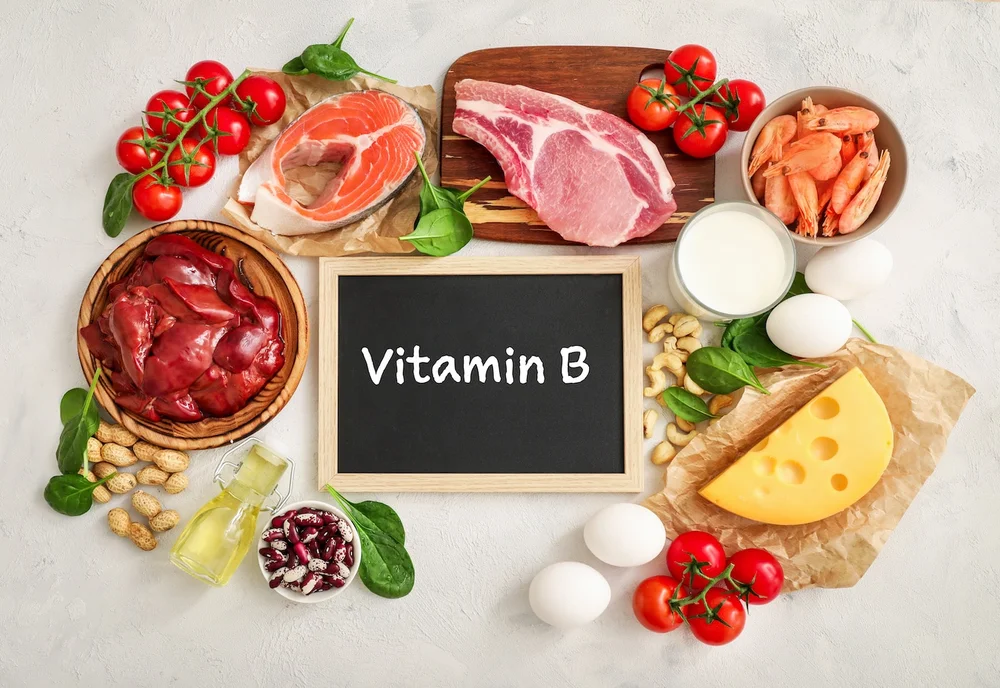5 Things You Should Look for in a Healthy Protein Bar
Medically Reviewed by Dr. Nicole Avena
One of the macronutrients required for a high-performance life is protein.
Proteins are integral components of every cell in your body. Thousands of protein enzymes are required for the healthy growth and functioning of all the cells, tissues, and organs in your body.
In short, you can’t live without protein.
Protein Basics
There are many reasons why protein is good for you. For starters, it performs many critical functions in your body. The human body contains thousands of proteins made up from different combinations of 20 amino acids.
Among their many duties, proteins catalyze biochemical reactions and serve as chemical messengers, make up (and repair) your body’s hard and soft structure, bolster immune function, balance fluids and pH, transport and store nutrients, and more.
Protein is literally in every cell of your body.
Complete Protein
Complete proteins provide all the essential amino acids in sufficient quantities.
Of the 20 amino acids your body uses to make proteins, it can synthesize 11 of them (non-essential amino acids), but 9 of them must come from your diet (essential amino acids).
Animal sources of protein contain all 9 amino acids, making them a complete protein. Plant sources generally contain any number of amino acids, but not all 9 (with a few exceptions, such as quinoa, Brazil nuts, buckwheat, hempseeds, chia seeds, etc.).
The brain and body must always have the full spectrum of dietary amino acids available. This provides proper support for healthy mental focus, memory and learning, liver and kidney function, heart and other muscle performance, as well as maximum energy output and rapid recovery from exercise and other physical (or mental) challenges.
Plant-Based Protein
Plant-based protein is a healthy option for increasing protein intake. According to a randomized, double-blind, placebo-controlled clinical study published in the Journal of the International Society of Sports Nutrition, there was no difference between plant-based (pea) protein and whey protein (the industry’s dairy-based standard) in building strength and muscle thickness.
Plant-based protein is also good for the health of your heart. In a study published in the American Journal of Epidemiology, researchers found that intake over time of plant-based proteins (rather than animal-based proteins) decreased the risk of serious heart issues. Also, plant-based protein is easy to digest and doesn’t typically cause bloating, as some animal-based protein sources can.
How to Get More Protein
The prospect of getting the recommended 45 to 100 grams of dietary protein everyday can be daunting. Some increase their protein intake by adding protein powder to their juice or smoothie, but many people don’t enjoy the smell, flavor, or chalky texture. Others prefer to boost their protein by snacking on protein bars.
Unfortunately, many protein bars are loaded with added sugar and other unhealthy ingredients. So, how can you know if a protein bar is healthy or not?
In addition to high-quality protein, here are some of the top things to look for in a healthy protein bar.
5 Things You Should Look for in a Healthy Protein Bar
- Caloric Content
It’s always a good idea to count the calories of the foods you eat. Though the tendency is to only focus on the caloric intake of main meals, don’t forget to count the calories consumed from snacks and beverages.
According to the USDA’s 2020 report, it’s recommended that women should consume 1,600 to 2,400 calories a day and men need between 2,000 to 3,000 calories a day. Since they’re intended to provide instant energy or tide you over until your next meal, check to ensure your protein bar is low calorie so that you don’t exceed your recommended daily calorie total.
- Carb Content
The USDA recommends healthy adults get 45-65% of total daily calories from carbs. Some people choose to limit carbs for weight loss or other reasons, but it’s best to consult your doctor or a registered dietitian who can help you do so safely.
It’s also important to balance carbohydrates with small portions of healthy fats and protein, and plenty of water. When you’re craving a protein bar, make sure it isn’t loaded with carbs.
- Healthy Fats
The two main types of “good” fats are monounsaturated and polyunsaturated fats. Healthy fats include nuts, seeds, avocados, eggs, and cold-water fish rich in omega-3s like wild salmon and sardines.
Although fats have often been deemed the culprit of an unhealthy lifestyle in the same way carbs have, they’re essential to your health. Including these in a meal can help keep you full longer, since fat digestion takes the longest compared to carbs and proteins. It’s a good idea to purchase a protein bar low in saturated fat and no trans fats, and rich in healthy fats.
- High Fiber
In the stomach, fiber absorbs water and creates bulk, which can increase the time it takes for food to move out of the stomach. The longer food stays in your stomach, the fuller you’ll feel and the less likely you’ll be to experience the spike in blood sugar that occurs when food digests quickly and glucose is dumped into the blood.
Fiber is the best prebiotic – food for the good bacteria in your gut. To help hold off hunger pangs, be sure to purchase a protein bar with at least 4 grams of fiber.
- No Added Sugar
Sugar content claims on food labels can be confusing and disingenuous. This is especially true since many products attempt to hide or disguise their sugar content.
On food labels, sugar may appear as glucose, fructose, sucrose, maltose, lactose, dextrose, or starch. Keep an eye out for corn syrup, fruit juice, raw sugar, and honey, which also contain sugar. Even “reduced sugar” and “sugar-free” bars contain some added sugar, so make sure your protein bar says “no sugar added” on the label.
Healthy Snacks
Healthy snacks can be a key factor in supporting your ability to stick to a healthy food plan. Eating the right kind of snack between balanced meals can help you maintain a healthy weight and resist the urge to grab sugary or salty foods.
If you’re looking for a gluten-free, high fiber, plant-powered protein bar, BrainMD is proud to offer…
Brain Boost Plant-Powered Protein Bar
Fuel your brain and body with 12 grams of delicious, plant-based protein, nutrient-rich cocoa, and 11 grams of healthy prebiotic fibers.
Finally…A Healthy Snack Bar!
Most protein bars on the market are loaded with added sugars. They’re essentially candy bars.
Not ours!
Brain Boost Plant-Powered Protein Bars contain no added sugar, plant-based protein, and fiber to help satisfy your hunger. These bars were developed by Dr. Daniel G. Amen, who also helped create BrainMD’s two decadent, brain-healthy chocolate bars: Brain in Love and Brain on Joy.
Here are just a few of the many benefits of Brain Boost Bars:
- plant-based protein to help build muscle*
- prebiotic fibers to aid in digestion and a healthy microbiome*
- polyphenols to help circulation and blood flow to the brain*
Brain Boost Bars are sweetened with allulose, stevia and monk fruit. These bars also contain cocoa, almonds, and MCT oil, which add antioxidants and polyphenols to support brain health.
Healthy Protein Bars
Brain Boost Bars are scientifically developed to be a quality protein source for everyday life. With essential amino acids and other ingredients that fulfill the nutritional components of a healthy diet, adding Brain Boost Bars into your daily snack routine can benefit not only your brain, but your entire body.
The next time you feel yourself dragging, drop your coffee or energy drink, toss your sugary snacks, and grab a Brain Boost Bar.
It’s sure to be your favorite new snack!
At BrainMD, we’re dedicated to providing the highest purity nutrients to improve your physical health and overall well-being. For more information about Brain Boost Plant-Powered Protein Bars and our full list of brain healthy supplements, please visit us at BrainMD.
*These statements have not been evaluated by the FDA. This content is for informational purposes only. It is not meant to substitute for medical or healthcare advice from a physician, nor is it intended to diagnose, treat, cure, or prevent any disease. Consult your healthcare provider before beginning a new health regimen.




